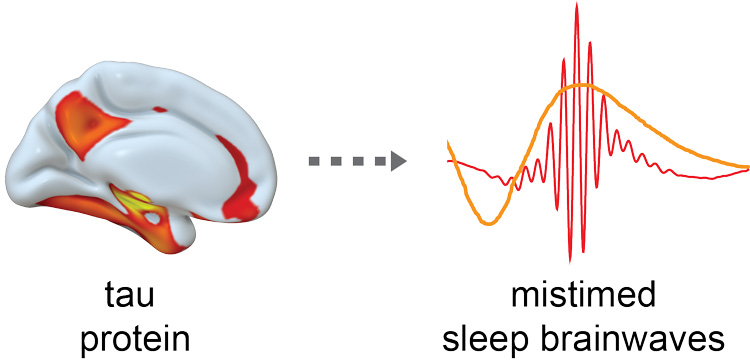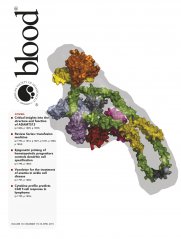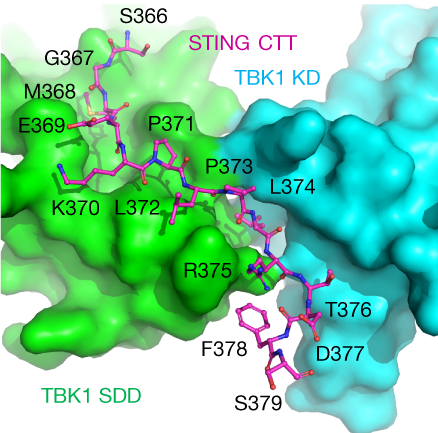UCB Study Finds Sleep May Be a Biomarker for Dementia

Research led by UC Berkeley scientists found that adults who reported a decline in sleep quality in midlife (40s–60s) had more beta amyloid and tau clusters in their brains—both of which are associated with a higher risk of developing dementia later in life. The same study also revealed that people with high levels of tau protein in their brains were more likely to lack the synchronized brain waves that are crucial to getting a good night’s sleep. Together, the findings suggest that sleep changes detectable in a simple overnight sleep study may serve as biomarkers for later risk of dementia.
More »






